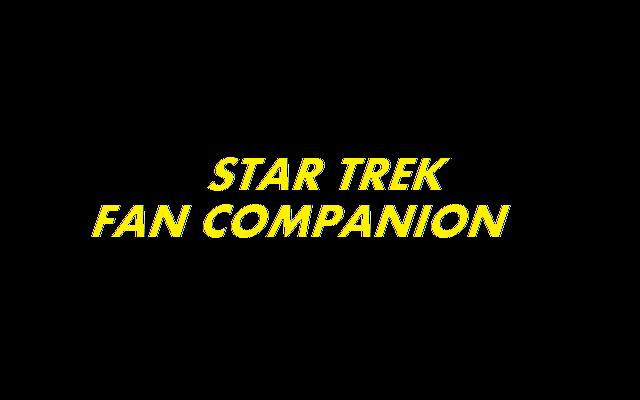Perhaps the single most important episode of the season, the most iconic one, the one that added the most to later franchise lore (which is surprisingly saying something), "The Tholian Web" boasts iconic visuals (the eponymous web), the debut of important new aliens, another of those lost starships but perhaps the most important one, and Kirk in peril while Spock and McCoy once again try to fill his void.
Like the Andorians and Tellarites, the Tholians would be essentially one-off aliens for virtually the entire run of the franchise until, some four decades later, Enterprise shows up to bring them back. But, like the Andorians, it would prove well-worth the wait. First there were the Tholian ships in "Future Tense," then the debut of the Tholians themselves in "In A Mirror, Darkly, Part I" (a true highlight of that episode, especially when Mirror Phlox tortures the hapless specimen!).
The idea and look of the web was echoed in Next Generation for its pilot episode, "Encounter at Farpoint," by Q.
| via Star Trek |
The missing starship Defiant, also featured in the Enterprise outing "Mirror, Darkly," became a true legacy of Star Trek lore when Deep Space Nine introduced a warship identically named, proving once and for all that the Enterprise wasn't the only ship capable of creating a lineage.
All of that is window-dressing if the story doesn't carry dramatic weight, though, which comes in the form of Kirk apparently being lost bringing the ever-present personality conflict between Spock and McCoy dramatically to the surface. It's an important moment for the series to see this played out, which is echoed in Star Trek.
All in all, an episode that becomes timeless but worth viewing in its own right, the definition of a classic.
four quarter analysis
franchise * series * essential * character
notable guest-stars:
Majel Roddenberry
